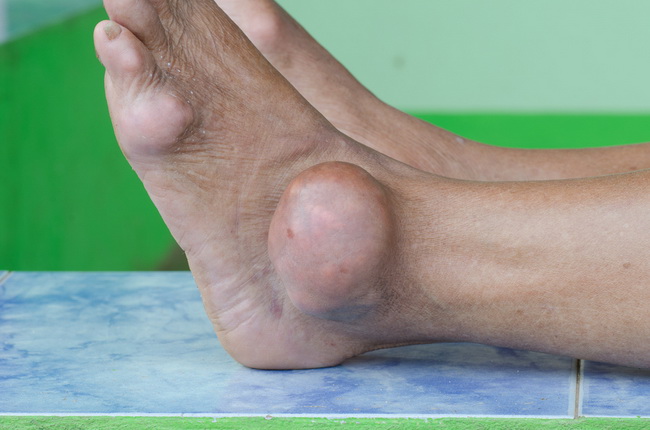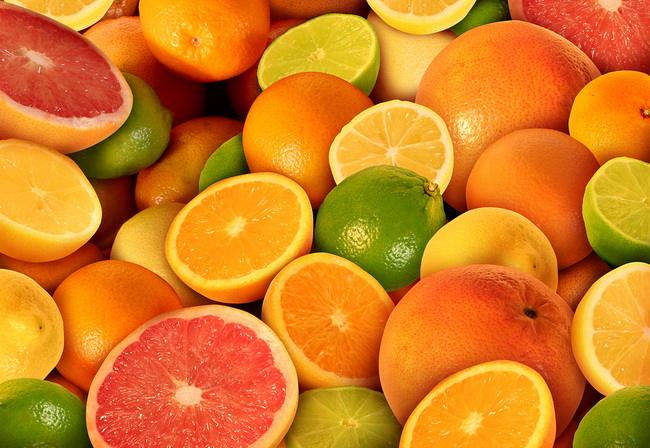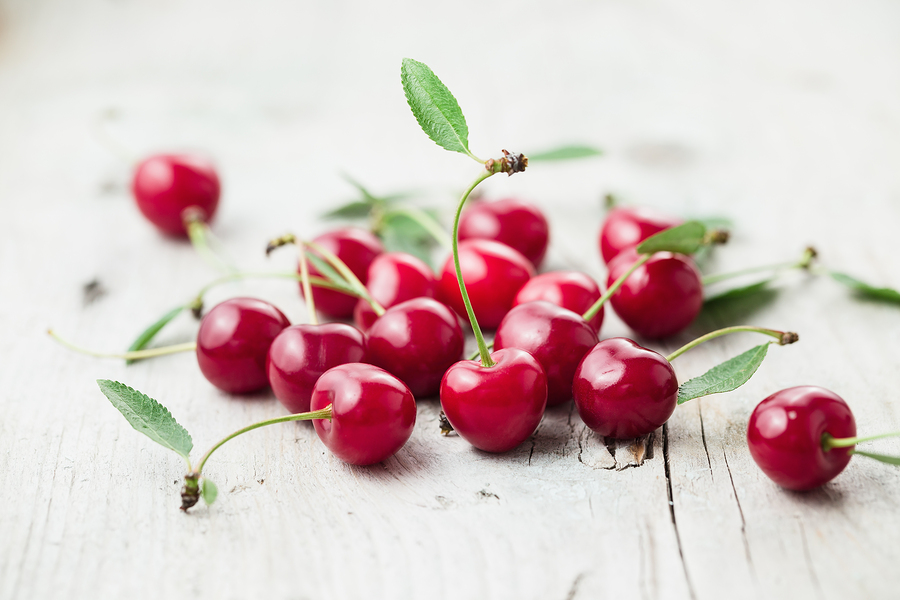- Make It Yourself Lavender Heart-Shaped Bath Bombs!
- 20 Things You Never Knew About “Down There”
- 12 Best Foods For Those Suffering From Arthritis Pain
- 12 Personal Hygiene Mistakes Almost Everyone Makes (Mom Never Told You About #4!)
- 15 Medicinal Plants And Herbs From The Cherokee People
- 12 Mind-Blowing Benefits Of Drinking Coconut Water During Pregnancy
- 12 Outstanding Winter Foods That Won’t Fatten You Up Like A Christmas Turkey
Got Gout? We Have Answers! 7 Ways To Prevent It And Get Rid Of It!

Photo credit: bigstock.com
It used to be that once you had gout, the only thing you were told to do was to change your diet. Although doctors now have pharmaceuticals at their disposal, there are much better, more natural means of reducing the amount of uric acid in the body.
Before we talk about how to reduce the amount of uric acid in the body, you should understand what uric acid actually is and how it causes gout.
Uric acid is a natural process that occurs then compounds called purines breakdown in the body. Purines are important as they provide the body with protein and energy, but once they break down, they create uric acid.
Uric acid isn’t actually the problem. It’s the excessive buildup of uric acid that is the problem. Uric acid is good for the body because it acts like an antioxidant. It improves the linings of the blood vessels.
It’s the job of our kidneys to removes excess uric acid, and this is generally where the problem lies. When the kidneys aren’t working at full capacity, they do not remove excess uric acid, which then circulates throughout the blood stream. Even healthy kidneys sometimes just cannot deal with all the uric acid in the body.
Over time, if the kidneys continue to not be able to remove the uric acid, it changes into crystals of monosodium urate, which then settle in the joints, tendons, and sometimes surrounding tissues. These crystals are needle sharp and are, obviously, looked upon by your body as foreign objects. Your body starts sending out inflammation signals to try to remove these crystals. The result is heat, inflammation, swelling, stiffness, and rather intense pain.
For this reason, it is necessary to decrease the amount of uric acid in the body. If you currently have gout or if you have had gout in the past, chances are pretty good that it will happen again unless you take steps to correct the problem.
Most people who suffer from gout find that those medications, although effective, can be expensive and have nasty side effects. There are plenty of natural ways to remove uric acid from the body.
Below, you will find some of the easiest ways that you can remove excess uric acid and never suffer from a painful attack of gout ever again.
1. Vegan Diet
A vegan diet, one that removes all meat and animal products, such as milk and eggs, can build up the alkalinity of the body. You can eat peas and beans (in moderation) along with plenty of leafy greens. If you miss dairy products, try almond milk, coconut milk, or soy milk. You should check with your doctor to see which supplements you should be taking if you decide to go this route as vegan diets do not provide everything the body needs (B vitamins especially) but many people find that simply switching to a vegan diet will remove excess uric acid from the body.
Continue to Page 2

Photo credit: bigstock.com
2. Citrus Fruits
Vitamin C is very useful when fighting gout and the fiber that fruits contain is also a great way to help remove uric acid from the body as some uric acid is removed via the stools. Don’t rely on supplements or simply fruit juice. You want to get plenty of fiber and that means eating the entire fruit. Work on eating at least three pieces of vitamin C rich fruit each day such as grapefruits, oranges, lemons, limes, mangoes, and tangerines.
3. Lose Weight
Although weight isn’t always a factor, it does appear that people who are overweight tend to be struck with gout much more often than those who have a healthy body weight. This might be due to their diet, but there is one thing that is certain — losing weight will greatly reduce your chances of having another gout attack. You don’t have to go all out, simply aim to cut 500 to 600 calories out of your diet each day. You can cut out 300 and exercise away another 200 calories if that suits you better. Lose just one to two pounds each week.
4. Drink More Water
The kidneys work best when they are fully hydrated. Also, uric acid is diluted in the blood when your body is well-hydrated. Drink two or three liters of water every single day. If it helps, set a timer, and drink one glass of water every hour if needed.
5. Baking Soda
Since uric acid is — as the name implies — acidic, drinking baking soda and water can help to neutralize and dissolve the crystals. Simply add half a teaspoon of baking soda to eight ounces of water and drink one glass before each meal as well as one glass before bedtime. Keep in mind that baking soda does contain sodium, so if you are on a low sodium diet or if you have heart problems or high blood pressure, consult with your doctor before you try this method.
Continue to Page 3

Photo credit: bigstock.com
6. Cherries
Cherries are good for gout as they contain anthocyanins, which have powerful anti-inflammatory compounds. This makes them the perfect anti-gout food! Research has shown that cherries can lower uric acid in the blood. Although the amount of cherries that you should consume varies depending on the severity of the problem and your body weight, most people find that 10 to 40 fresh cherries each day help prevent attacks. If cherries are no longer in season, you can also consume cherry extract or drink eight to 16 ounces of pure cherry juice each day. If you have gout now, you should eat 30 to 40 cherries every four hours to stop the attack. Speak with your doctor as to the proper dosage if you choose to consume a cherry extract.
Dangers of Recurring Gout Attacks
Most folks think of gout as a painful episode, similar to a torn muscle, that passes in time but that does no real harm. This is not the case. Some of the risks of continued gout attacks are:
- Recurring gout can lead to permanent and serious damage to the joints
- It can cause serious damage to the kidneys and can lead to painful kidney stones
- It has been linked to a higher risk of developing heart disease
- Recurring gout attacks have also been linked to a higher risk of stroke
- Some studies have even linked recurring gout attacks with a higher risk of death, from any cause!
This is why it is so important that you get gout and high levels of uric acid in the blood under control as quickly as possible.
Foods to Avoid
There are certain foods and drinks you should avoid if you suffer from recurring gout attacks including:
- Alcohol (beer is especially bad)
- Fatty red meats
- Fat from poultry, such as the skin or dark meat
- Scallops and mussels
- Vegetable oils
- Full fat dairy products
- Junk foods like potato chips
- Fried foods such as French fries
- Fast food
READ ALSO: Naturally Rid Your Body of Joint Pain and Gout
As you might have noticed, fat is something you should avoid if you have had gout attacks in the past. Eat a more natural diet, including plenty of fresh fruits and vegetables, and less processed foods to avoid gout.
References:

































